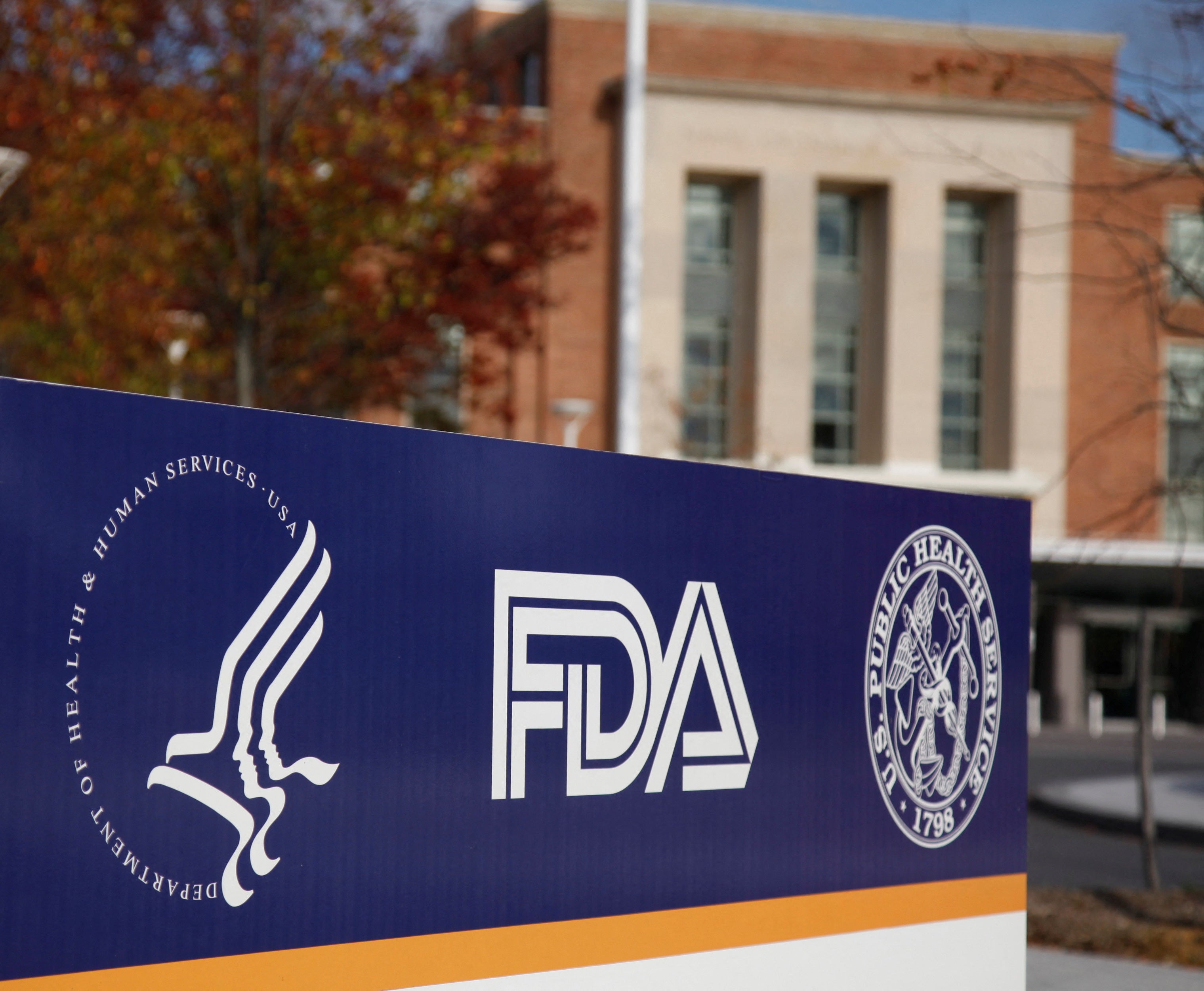
The Food and Drug Administration has restricted a psychoactive mushroom used in some edibles over safety concerns.
The regulator warned food manufacturers that Amanita muscaria – more commonly known as the fly agaric – and the compounds it contains are not authorized to use in food.
It is listed as an active ingredient in some mushroom edibles.
Unlike psilocybin, a naturally occurring ingredient found in so-called “magic mushrooms” which is illegal under federal law (though decriminalized in some states), the red-and-white-spotted mushroom is not illegal. However, the FDA is prohibiting three compounds in the mushroom: muscimol, ibotenic acid and muscarine.
In a scientific review, the FDA warned that consumption of Amanita muscaria could bring on “hallucinations, drowsiness, and delirium, with reports of seizure, coma, and possible death in severe poisoning cases.”
The mushroom is poisonous, but documented reports of overdoses or deaths are minimal.

Concerns were heightened following the deaths of three people and 180 illnesses linked to a brand of candy containing a blend of psychedelic mushrooms this year, according to the Centers for Disease Control and Prevention.
Out of the 180 patients, 73 were hospitalized after digesting the candy. However, the CDC noted that the psychoactive compound muscimol “couldn’t explain all the symptoms reported by ill people” who consumed the products.
“The FDA is aware of these ingredients in foods intended to have hallucinogenic effects that look like their conventional counterparts, like candy bars,” the FDA said in a release.
“Because of the FDA’s safety concerns with these ingredients, the agency reminds manufacturers considering using them in foods of their responsibility to produce and market safe foods.”
There are concerns over how the restriction of the psychoactive can be enforced.
Dr. Mason Marks, a Harvard law professor and senior fellow with the Project on Psychedelics Law and Regulation, told NPR that the FDA could push the Drug Enforcement Administration to classify the mushroom as a controlled substance.
But it could also amount to little, he said.
“The FDA issues a lot of these warning letters,” Marks told the broadcaster. “There’s a possibility that nothing will happen.”
Christian Rasmussen, the owner of Minnesota Nice Botanicals, said the restrictions could be a “huge obstacle” for his business.







